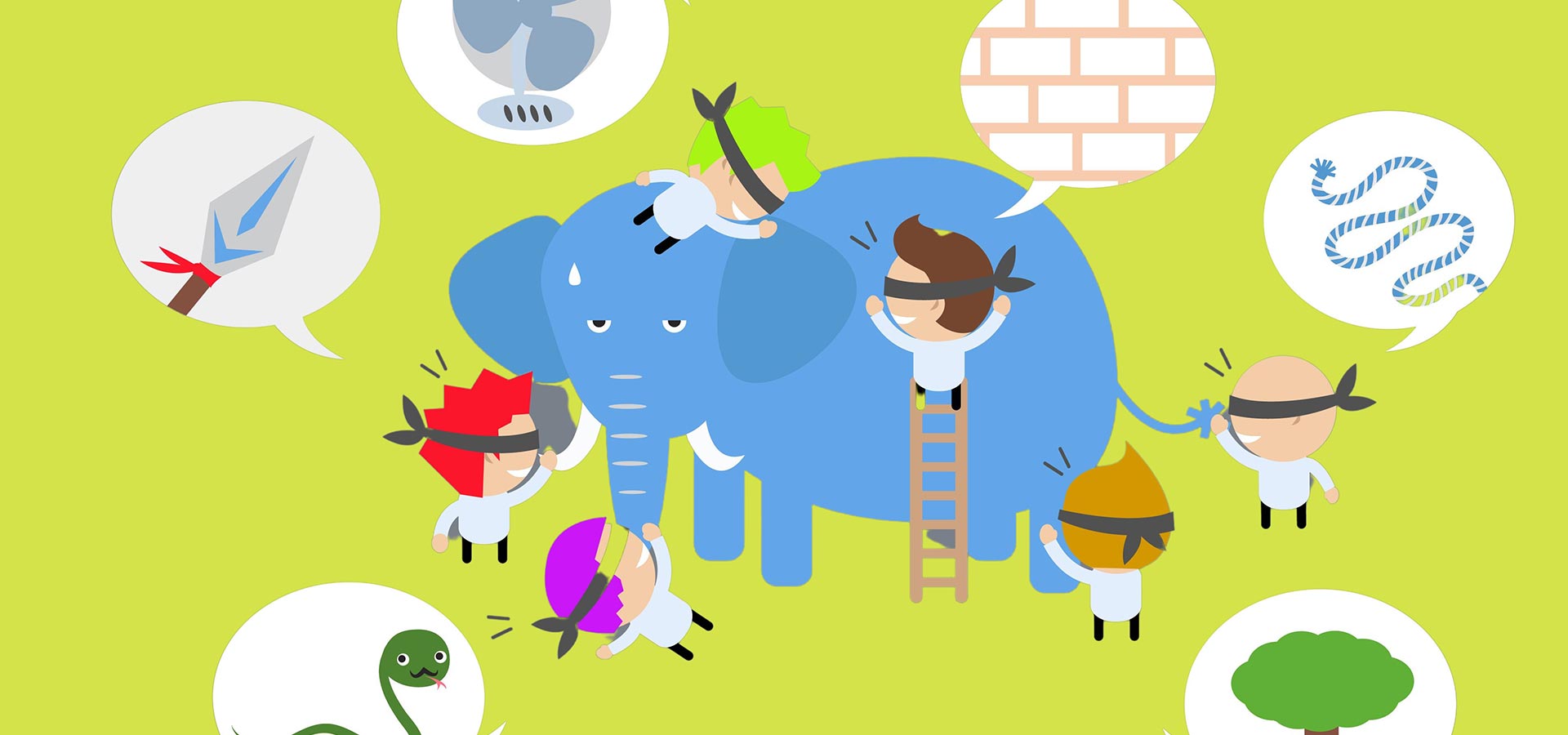I’ve been thinking alot about kindness recently.
I suppose it’s because the word comes up frequently when I’m interacting with the teens who participate in our free wellness programs here at The Noble Path Foundation. Kindness is the one prerequisite to attending any of our enrichment classes, provided they meet the age requirement and have a signed parental waiver if under 18. Whether it’s guitar, improv, art, movie nights, open mic events, fitness training, or attending our AIM High series – the ability to be kind to others during these, and other activities, supersedes all else.
Being kind means being courteous and polite, understanding and patient. From kindness comes respect – which they show to their peers and to the adults. If you are kind, you are not disrupting the task at hand and you are not making others feel less worthy of being there than you or anyone else. Kindness is accepting that everyone is unique, that being different is not a liability, and being the same is not a necessity. Before they speak, we implore them first to “THINK”: Is it True, is it Helpful, is it Inspiring, is it Necessary, is it KIND?
And as it turns out, kindness is also something that can be nurtured and trained, if one commits to its everyday practice. “It’s kind of like weight training,” says Dr. Richard Davidson, Founder and Director of the Center for Healthy Minds at the University of Wisconsin-Madison, “We found that people can actually build up their compassion ‘muscle’ and respond to others’ suffering with care and a desire to help.”
Contemplating kindness and its successful application with our students helps me extrapolate on how much different our world would be if everyone in society followed the same standards. Our current state of political discourse is characterized by increasing amounts of partisanship and polarization, contributing to what is a noticeable decline in kindness among not just people in general, but even towards friends and family members in particular.
Thanks to an often toxic online environment full of echo chambers and dehumanizing vitriol, we have reverted to seeing our world in black and white, instead of in the myriad of glorious colors available to those with open hearts and open minds. So many have lost the ability to even ponder the possibility of having more than one way to reach a destination. Imagine if GPS apps gave only one option to get from San Clemente to downtown L.A., with no alternative to take the 73 to the 405, or the 405 to the 605, or cut across the 105 and hop on the 110? We’d all be stuck on the I-5: stressed, angry, frustrated and ready for some road rage. For many, this is their daily existence and it’s cultivating an atmosphere of hostility rather than understanding.
Much of this phenomena reminds me of the parable of the elephant and six blind men, which tells the story of six individuals who, being blind, try to comprehend the nature of an elephant by touching different parts of its anatomy. Each man forms a biased perception based on their limited experience, leading to conflicting interpretations. The man who touches the elephant’s massive body, thinks this animal must be exactly like a wall; the man who feels only its trunk concludes that it is like a snake; the man with his hand on the tusk exclaims it is sharp like a spear; the man grasping one of its legs argues it is definitely like a tree; the man who feels the breeze as it flaps its giant ear insists it is a huge fan; and the one at the back end holding the tail admonishes them all and declares it exactly like a rope. In the end, the elephant walks away and leaves all six men yelling and arguing with each other, blind not only in sight, but also in the ability to see beyond one’s own limited perceptions. This selective exposure impedes critical thinking and bolsters polarization, personified by the blind men’s inability to comprehend the entirety of the elephant.
Each of us can do our part by recognizing these negative influences and actively work towards promoting kindness and empathy in not just our political discussions, but in our online social presence as well. The nature of internet dialogue has played a significant role in reducing kindness, with its anonymity and lack of face-to-face interaction. This often leads to a disinhibition effect, where individuals feel more empowered to express aggressive or uncivil behavior. The veil of anonymity emboldens people to engage in personal attacks, spreading hostility and animosity. It further amplifies partialities and erodes the potential for thoughtful and kind discussions.
Before posting, re-tweeting, or sharing a divisive remark, meme or photo, perhaps we could all apply the THINK paradigm and ask ourselves, what is the point? What is our motive? Is it to stir the pot? Make someone else feel worse about themselves or their position? Is it necessary and above all, am I being KIND? By encouraging respectful dialogue, seeking diverse perspectives, and challenging our own biases, we can begin to reverse the negative effects of today’s social dilemma and create a more compassionate society.
The Noble Path Foundation’s goal is to insure a healthy future for our kids by raising healthy kids to inhabit our world. Our total approach to teen wellness encompasses both physical and mental health, as well as leadership, life skills and opportunities for healthy socialization free of undue peer pressure to use drugs or alcohol. Kindness is a fundamental human virtue that promotes positive relationships, empathy, and emotional well-being. When children learn to embrace kindness, they develop a sense of connection with others, fostering a more inclusive and benevolent society. By teaching young people to be kind, we empower them to make choices that promote cooperation, respect, and understanding. Kindness is contagious, and even small acts of kindness can have a profound impact on both the giver and the receiver, promoting a positive cycle of goodwill. Practicing kindness purposefully makes me feel better about myself and the world and I hope it does the same for you. The children are watching.
####
Cindi is President and Founder of The Noble Path Foundation, a 501(c)(3) located in San Clemente, CA, dedicated to helping the youth of our communities reach their highest potential via healthy nutrition and lifestyle choices, safe and fun social activities, and motivational mentoring. For sources and links to the statistics mentioned in this article, please visit our website and search for the article under our blog at www.thenoblepathfoundation.org.


